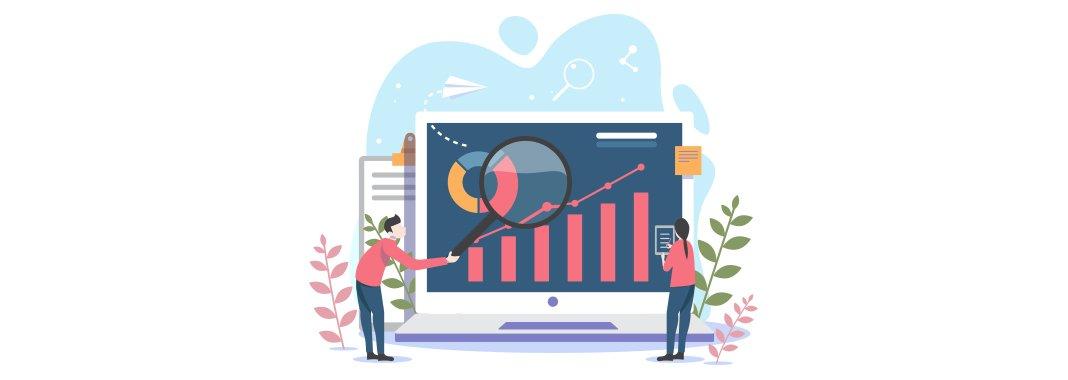Despite the many benefits, RPET cup manufacturers face several challenges. One of the main challenges is the availability and quality of recycled PET materials. The supply of post-consumer PET bottles can be inconsistent, affecting production schedules and material costs. Ensuring the quality of recycled PET is also crucial, as contaminants can compromise the integrity of the final product.
Another challenge is consumer perception. While awareness of environmental issues is growing, some consumers still question the safety and durability of products made from recycled materials. Educating consumers about the benefits and safety of RPET cups is essential for increasing acceptance and demand.
RPET cup manufacturers must also navigate regulatory requirements. Different regions have specific standards for food-contact materials, and compliance can be complex and costly. Staying updated with regulations and ensuring that products meet all safety and quality standards is a continuous effort.
Lastly, the competition from traditional plastic and alternative materials is significant. While RPET cups offer sustainability benefits, they must also compete on price and performance with other types of disposable cups. Innovating and improving the efficiency of the recycling and manufacturing processes can help RPET cup manufacturers maintain a competitive edge in the market.





